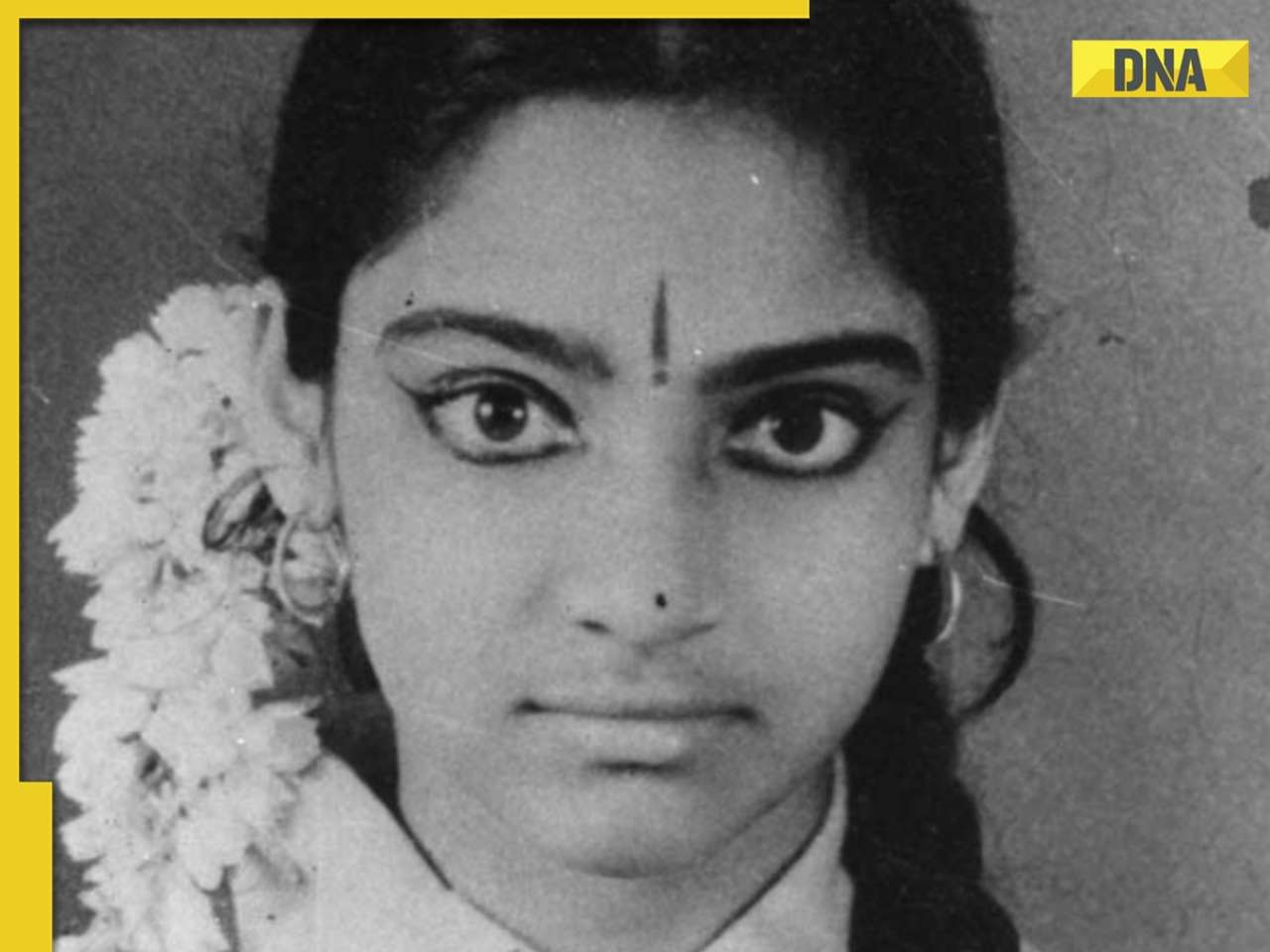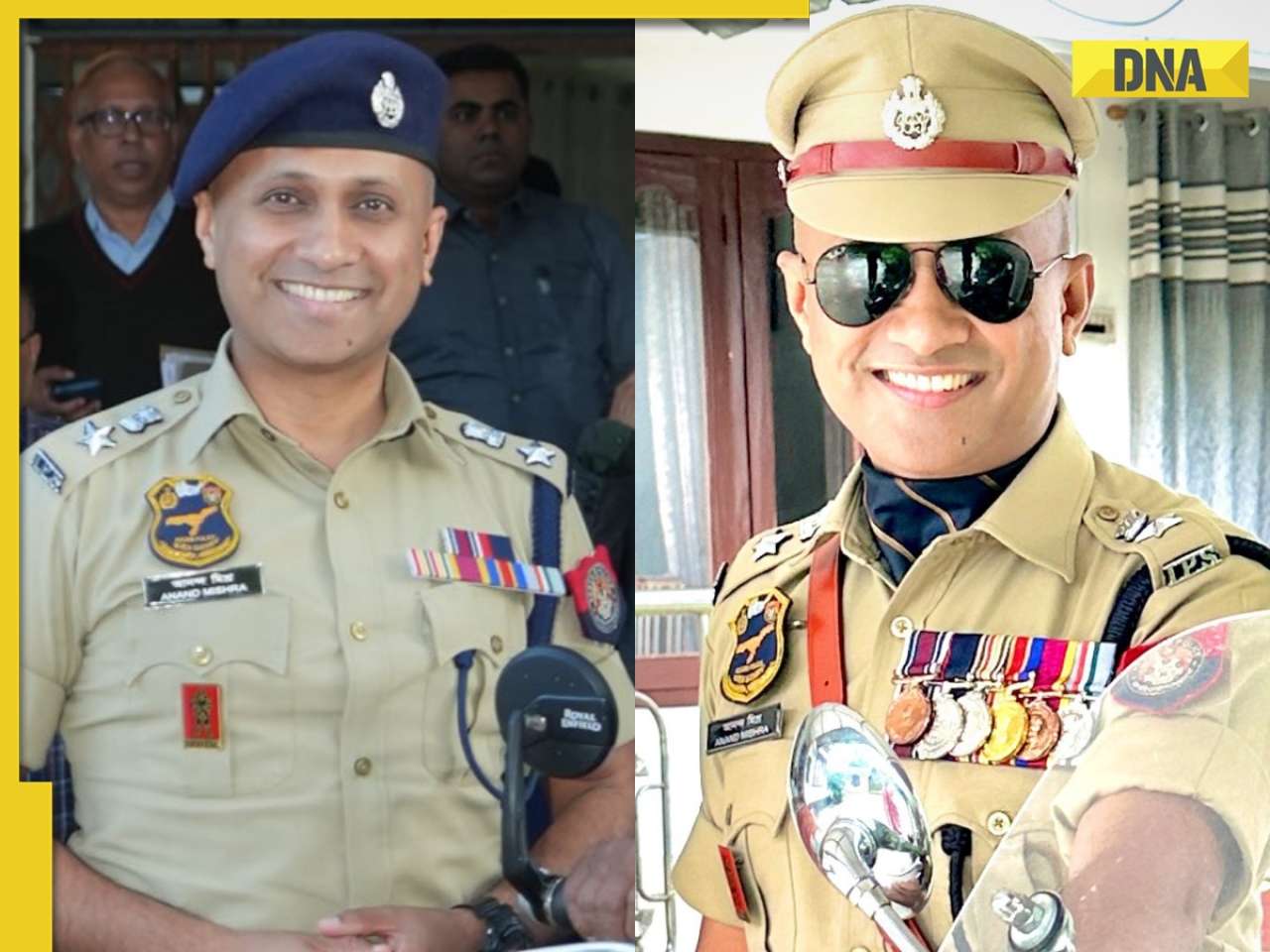Veteran marathoners share best practices to help you prepare for the big day.
Last year, when software engineer Chitranjali took part in a corporate half marathon for charity, she had a tough time. While she was enthusiastic about running for a cause, she did not run right.
“That night turned out to be a nightmare,” she says, recollecting the big day when she had so much fun running with her friends and colleagues. The next day was worse and the week that followed was no better. She suffered head ache, neck pain, body ache and a bad sprain in her right ankle.
Veteran marathoners say that while it’s acceptable to have fun, one must take certain precautions and follow healthy habits the day before the big race. Vani Mendon, an interior designer, actively participates in every marathon that takes place in the city. But she makes sure that she runs right.
“Make sure you aren’t dehydrated. Many people avoid liquids fearing that it will result in the need to stop and pee during the race, which would result in the loss of precious time. But what the runners must understand is that the importance of starting and finishing the race when hydrated trumps the time that it might cost you to stop to pee once or twice,” she says.
However, the fluid intake should also be moderate, says sports dietitian Kim Mueller in her study Marathon Nutrition: Mistakes to Avoid. “While dehydration ranks amongst the most common nutritional causes of performance decline in athletes, self-correcting by blindly drinking large volumes of fluid on race day has the potential to be equally as dangerous as fluid uptake rate maxes out between 1-1.2 liters per hour and levels at or above this, especially when consumed over 4 hours, puts the athlete at risk for a condition known as hyponatremia.
Common symptoms associated with hyponatremia include a sloshy gut, bloating, headaches, clear urine, weight gain, and vomiting. If symptoms do arise, it is important to taper back or stop fluid intake and in warm conditions, reduce effort (slow down) to slow exertion-based losses of sodium while implementing sodium-rich foods, such as potato chips, french fries and hot dogs.”
Stressing on the importance of a pre-race meal, Mueller adds, “Regardless of race distance or carbo-loading protocols, a pre-race meal is essential to protect against low blood sugars and mental drain known as ‘bonking,’ especially when coming off a fasting state where fueling has not occurred over the previous 4 hours.
The purpose of a pre-race meal is to restock the 100 grams of carbohydrate (400 calories) stored within the liver, helping to elevate blood sugars and improve energy levels prior to the race start.”
Training outdoors is another way to prepare for the big day. Shalini Vipin, a housewife, loves running for a cause. “It’s a fun way to spend time with your friends,” she says, adding that training for the event will help run better. “Try running early in the morning before pollution hits the streets. Find a local park or a ground to start running. Once you are with friends, the exercise becomes fun,” she says.
Pointers to run right
Don’ts
Don’t skip meals before the race start
Eat high carbohydrate meal such as bread or baked potatoes
Don’t sip too much water
Don’t wear new shoes on the day of the race
Don’t set off too fast
Refrain from smoking cigarettes
Don’t ignore sores and bruises
Dos
Regular physical activity
Reduce intake of fat/high sugar foods
Control blood glucose levels
Include carbohydrates at each meal
Eat high fibre breakfast cereals
Take your medication properly
Learn about alternatives
![submenu-img]() DU Admission 2024: Delhi University launches admission portal to 71000 UG seats; check details
DU Admission 2024: Delhi University launches admission portal to 71000 UG seats; check details![submenu-img]() Guardians of Cybersecurity: Inside Santosh Kumar Kande's Mission to Protect Corporate Networks
Guardians of Cybersecurity: Inside Santosh Kumar Kande's Mission to Protect Corporate Networks![submenu-img]() Meet man who leads Rs 642000 crore govt company, not from IIT, IIM
Meet man who leads Rs 642000 crore govt company, not from IIT, IIM![submenu-img]() Former RBI Governor Raghuram Rajan to join Congress? He says, ‘Rahul Gandhi is…’
Former RBI Governor Raghuram Rajan to join Congress? He says, ‘Rahul Gandhi is…’![submenu-img]() Maharagni teaser: Kajol looks badass, beats up goons in action-packed first look, fans call her 'lady Singham'
Maharagni teaser: Kajol looks badass, beats up goons in action-packed first look, fans call her 'lady Singham'![submenu-img]() DU Admission 2024: Delhi University launches admission portal to 71000 UG seats; check details
DU Admission 2024: Delhi University launches admission portal to 71000 UG seats; check details![submenu-img]() Meet IAS officer, who became UPSC topper in 1st attempt, sister is also IAS officer, mother cracked UPSC exam, she is...
Meet IAS officer, who became UPSC topper in 1st attempt, sister is also IAS officer, mother cracked UPSC exam, she is...![submenu-img]() Meet student who cleared JEE Advanced with AIR 1, went to IIT Bombay but left after a year due to..
Meet student who cleared JEE Advanced with AIR 1, went to IIT Bombay but left after a year due to..![submenu-img]() Meet man who used to walk to work, eat free meals, left high-paying corporate job at 29 due to...
Meet man who used to walk to work, eat free meals, left high-paying corporate job at 29 due to...![submenu-img]() Meet woman who left high-paying job as NASA scientist to crack UPSC exam twice, became IRS then IPS officer with AIR…
Meet woman who left high-paying job as NASA scientist to crack UPSC exam twice, became IRS then IPS officer with AIR…![submenu-img]() DNA Verified: Did Kangana Ranaut party with gangster Abu Salem? Actress reveals who's with her in viral photo
DNA Verified: Did Kangana Ranaut party with gangster Abu Salem? Actress reveals who's with her in viral photo![submenu-img]() DNA Verified: New Delhi Railway Station to be closed for 4 years? Know the truth here
DNA Verified: New Delhi Railway Station to be closed for 4 years? Know the truth here![submenu-img]() DNA Verified: Did RSS chief Mohan Bhagwat praise Congress during Lok Sabha Elections 2024? Know the truth here
DNA Verified: Did RSS chief Mohan Bhagwat praise Congress during Lok Sabha Elections 2024? Know the truth here![submenu-img]() DNA Verified: Is CAA an anti-Muslim law? Centre terms news report as 'misleading'
DNA Verified: Is CAA an anti-Muslim law? Centre terms news report as 'misleading'![submenu-img]() DNA Verified: Lok Sabha Elections 2024 to be held on April 19? Know truth behind viral message
DNA Verified: Lok Sabha Elections 2024 to be held on April 19? Know truth behind viral message![submenu-img]() Avneet Kaur shines in navy blue gown with shimmery trail at Cannes 2024, fans say 'she is unstoppable now'
Avneet Kaur shines in navy blue gown with shimmery trail at Cannes 2024, fans say 'she is unstoppable now'![submenu-img]() Assamese actress Aimee Baruah wins hearts as she represents her culture in saree with 200-year-old motif at Cannes
Assamese actress Aimee Baruah wins hearts as she represents her culture in saree with 200-year-old motif at Cannes ![submenu-img]() Aditi Rao Hydari's monochrome gown at Cannes Film Festival divides social media: 'We love her but not the dress'
Aditi Rao Hydari's monochrome gown at Cannes Film Festival divides social media: 'We love her but not the dress'![submenu-img]() AI models play volley ball on beach in bikini
AI models play volley ball on beach in bikini![submenu-img]() AI models set goals for pool parties in sizzling bikinis this summer
AI models set goals for pool parties in sizzling bikinis this summer![submenu-img]() DNA Explainer: Why was Iranian president Ebrahim Raisi, killed in helicopter crash, regarded as ‘Butcher of Tehran’?
DNA Explainer: Why was Iranian president Ebrahim Raisi, killed in helicopter crash, regarded as ‘Butcher of Tehran’?![submenu-img]() DNA Explainer: Why did deceased Iranian President Ebrahim Raisi wear black turban?
DNA Explainer: Why did deceased Iranian President Ebrahim Raisi wear black turban?![submenu-img]() Iran President Ebrahim Raisi's death: Will it impact gold, oil prices and stock markets?
Iran President Ebrahim Raisi's death: Will it impact gold, oil prices and stock markets?![submenu-img]() Haryana Political Crisis: Will 3 independent MLAs support withdrawal impact the present Nayab Saini led-BJP government?
Haryana Political Crisis: Will 3 independent MLAs support withdrawal impact the present Nayab Saini led-BJP government?![submenu-img]() DNA Explainer: Why Harvey Weinstein's rape conviction was overturned, will beleaguered Hollywood mogul get out of jail?
DNA Explainer: Why Harvey Weinstein's rape conviction was overturned, will beleaguered Hollywood mogul get out of jail?![submenu-img]() Maharagni teaser: Kajol looks badass, beats up goons in action-packed first look, fans call her 'lady Singham'
Maharagni teaser: Kajol looks badass, beats up goons in action-packed first look, fans call her 'lady Singham'![submenu-img]() Shikhar Dhawan on what made him turn talk show host for Dhawan Karenge, addresses Kapil Sharma comparison | Exclusive
Shikhar Dhawan on what made him turn talk show host for Dhawan Karenge, addresses Kapil Sharma comparison | Exclusive![submenu-img]() Panchayat season 3 public review: Fans hail Neena Gupta, Jitendra Kumar's 'emotional, unbeatable series', call it banger
Panchayat season 3 public review: Fans hail Neena Gupta, Jitendra Kumar's 'emotional, unbeatable series', call it banger![submenu-img]() Meet superstar who gave Bollywood's first Rs 100 crore film, quit acting at peak of her career, married man with..
Meet superstar who gave Bollywood's first Rs 100 crore film, quit acting at peak of her career, married man with..![submenu-img]() 'Is she engaged?': Avneet Kaur confuses fans as she flaunts ring, says 'can’t wait to tell the world about this union'
'Is she engaged?': Avneet Kaur confuses fans as she flaunts ring, says 'can’t wait to tell the world about this union'![submenu-img]() Anant Ambani-Radhika Merchant pre-wedding bash: Here's what Mukesh Ambani's guests will get to eat during ceremony
Anant Ambani-Radhika Merchant pre-wedding bash: Here's what Mukesh Ambani's guests will get to eat during ceremony![submenu-img]() Mukesh Ambani, Nita Ambani to celebrate Akash, Shloka's daughter Veda's birthday on cruise, check theme, other details
Mukesh Ambani, Nita Ambani to celebrate Akash, Shloka's daughter Veda's birthday on cruise, check theme, other details ![submenu-img]() Terra and Mare: Hidden meaning behind Mukesh Ambani's son Anant Ambani-Radhika Merchant's second pre-wedding bash theme
Terra and Mare: Hidden meaning behind Mukesh Ambani's son Anant Ambani-Radhika Merchant's second pre-wedding bash theme![submenu-img]() 'Simple, boring resume can get you...,' says former recruiter with Google, Apple, Samsung
'Simple, boring resume can get you...,' says former recruiter with Google, Apple, Samsung![submenu-img]() Mukesh Ambani's son Anant-Radhika Merchant pre wedding bash: Cruise set sails from Malta not from Miami due to...
Mukesh Ambani's son Anant-Radhika Merchant pre wedding bash: Cruise set sails from Malta not from Miami due to...







































)

















)
)
)
)
)
)